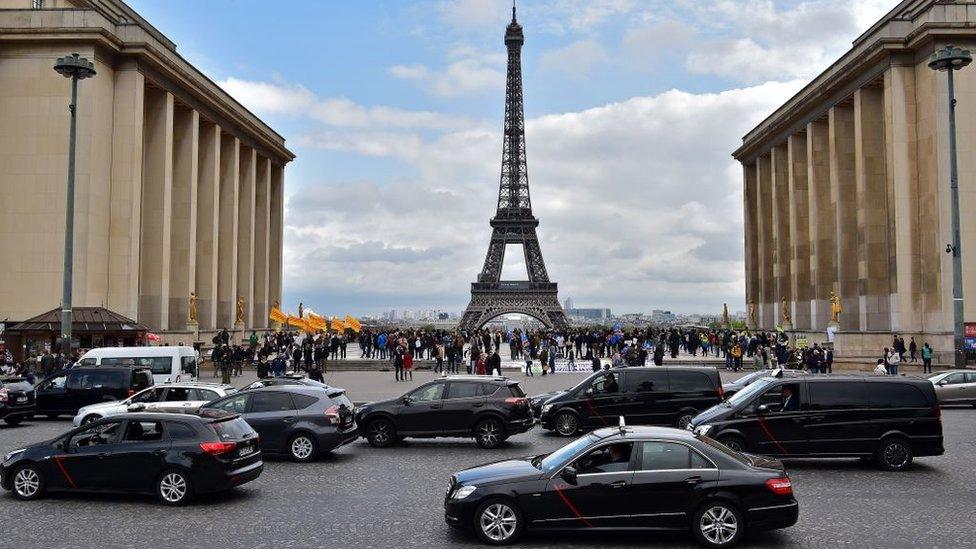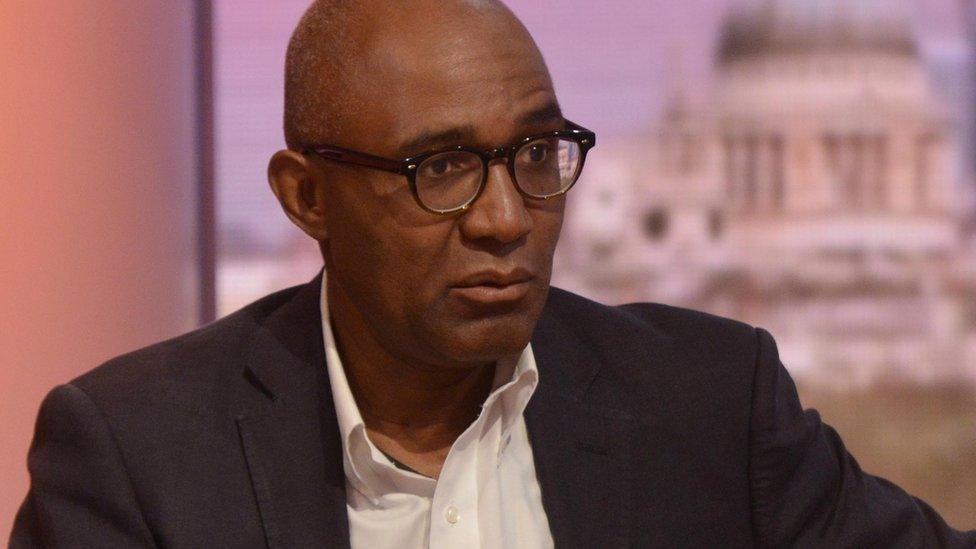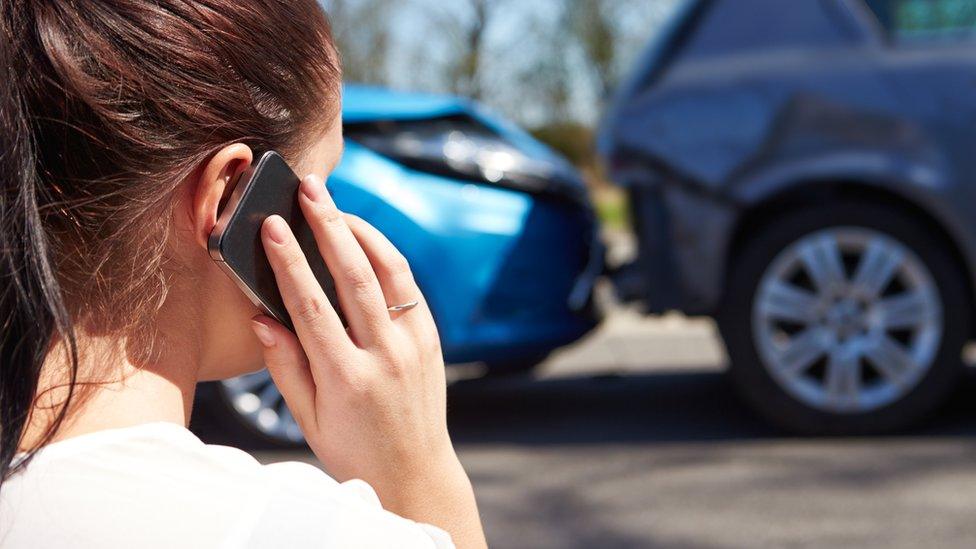Insurers warn of travel premium rise
- Published

Insurers have warned that the cost of new travel policies could soon rise if the principles of a Brexit deal aren't hammered out next week.
Drivers going on holiday could need also need extra paperwork, the Association of British Insurers said.
Next Thursday Prime Minister Theresa will try to win agreement on a Brexit transition period.
The Department for Exiting the EU said it was "focused on getting a good outcome" for the UK and the EU.
It's only two weeks until the annual policies insurers sell will need to provide cover beyond Brexit day, the 29 March next year.
If there's a transition period, perhaps to the end of 2020, the process is expected to carry on as before.
But if there's no agreement next week, insurers say they will have to fear the worst.
They could start warning motor policyholders that they will need a Green Card - an international document proving you have insurance - when they drive their cars into the EU after Brexit.
And if travellers can't depend on their European Health Insurance Cover (EHIC) cards, which entitle them to medical treatment across the EU, the price of travel insurance will be affected.
Hassle on the horizon
Huw Evans, the director general of the Association of British Insurers, said: "It's very important that the government reaches agreement next week with our European partners."
"Travellers and motorists could easily be disrupted if we don't have an agreement for what happens when we leave the EU in March 2019," he said.
It would mean extra costs and extra hassle. Of course insurers will make sure that motorists and holidaymakers are covered and are protected in the way they need to be.
But if you're a motorist it would mean that you may need to show green card documentation at a border crossing.
And if you are a holidaymaker it means that you will have a to buy a travel insurance policy that covers you for things that are currently covered by the EHIC card, which will probably cost you more.
The government appears optimistic that the situation won't arise.
The Department for Exiting the EU said it was increasingly confident about a deal with the EU and that the prospect of leaving without one had reduced significantly.
Deal or no deal?
A UK government spokesperson said: "We are focused on getting a good outcome - one that works for the people and businesses of the UK and EU."
After a last-minute deal struck in December, the spokesperson said the government was "increasingly confident that we will secure a deal with the EU and that the prospect of leaving negotiations with 'no deal' has reduced significantly.
"We want our future relationship with the EU to be a deep and special partnership, taking in both economic and security cooperation.
"We do not want or expect a no deal outcome," the spokesperson added.
- Published9 February 2018

- Published24 January 2018
